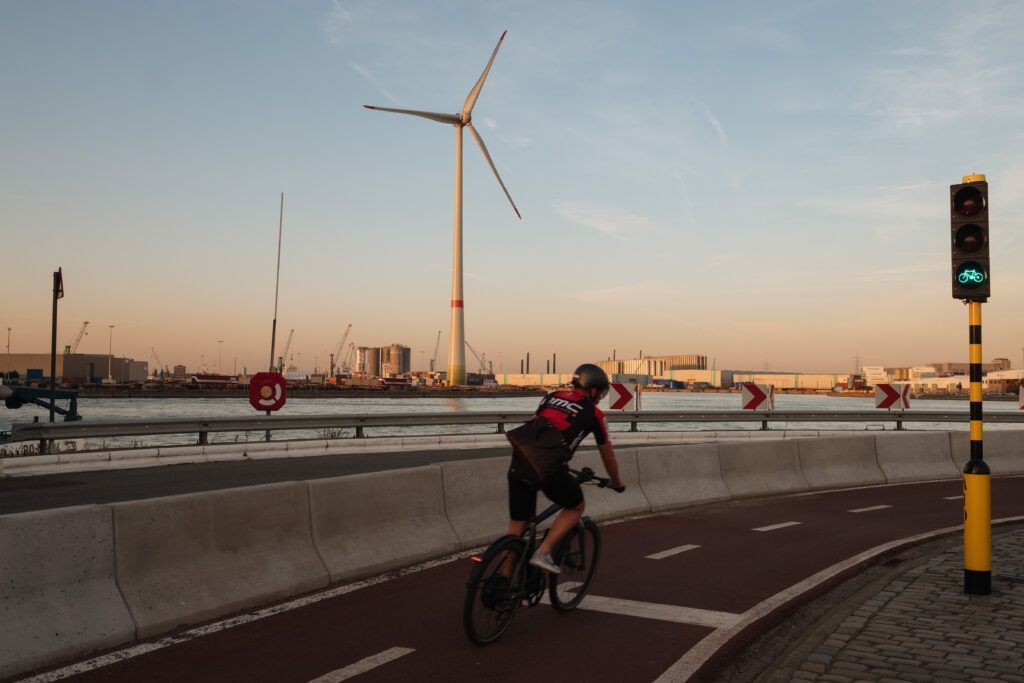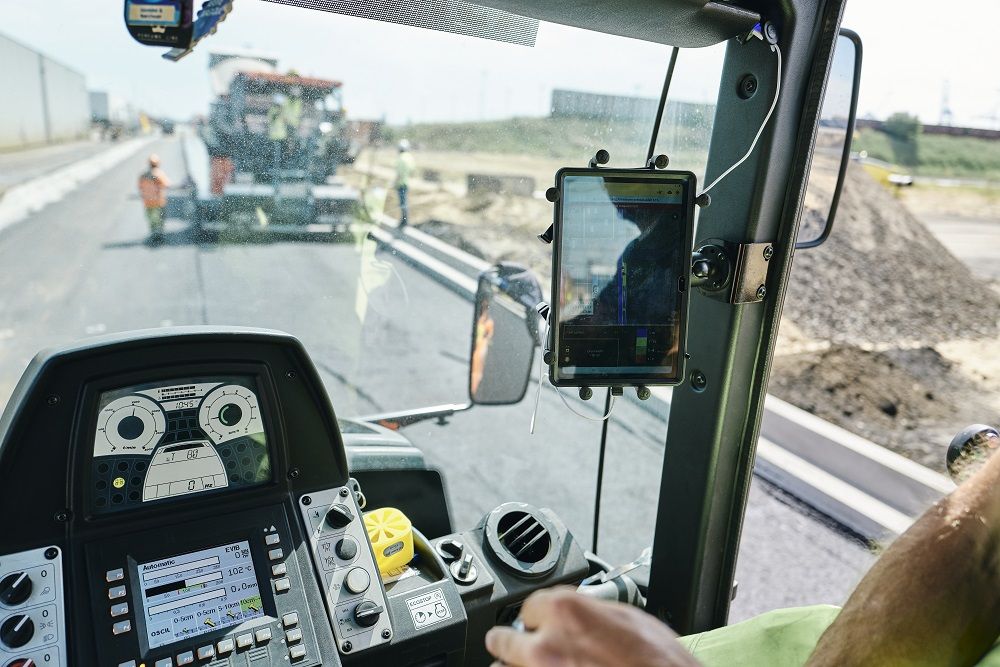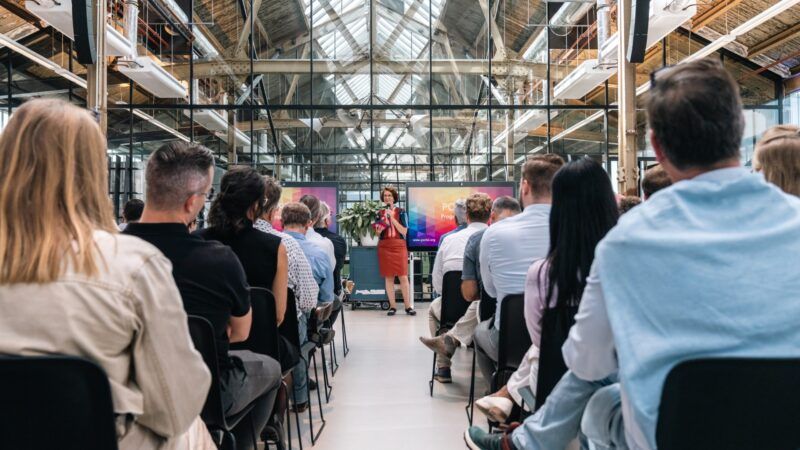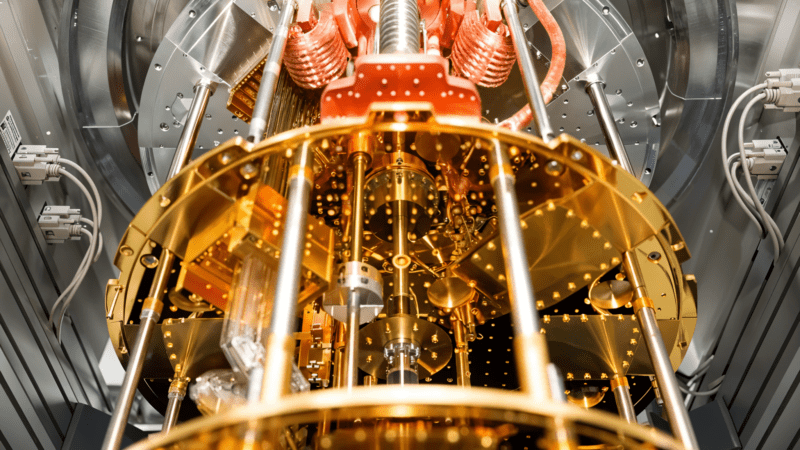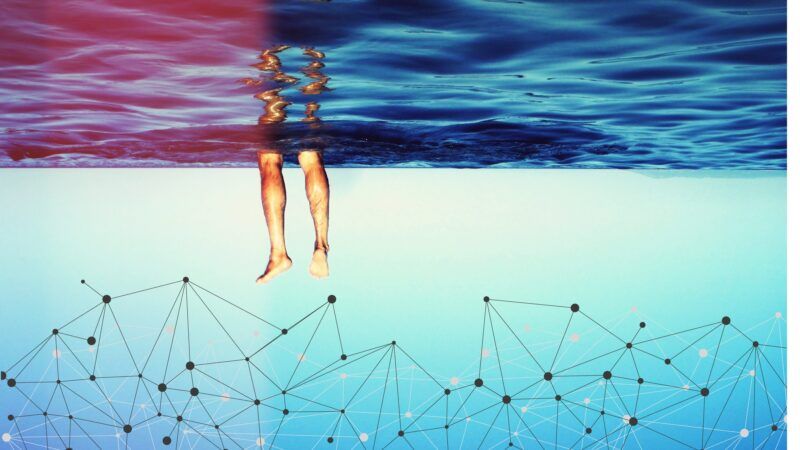MAGPIE, in search of new fuels
Rotterdam, DeltaPort (Germany), HAROPA PORT (formed by Le Havre, Rouen, and Paris) and Sines (Portugal) form another consortium, in association with 10 research institutes and more than 30 European companies under the acronym MAGPIE (sMArt Green Ports as Integrated Efficient multimodal hubs).
MAPGIE will execute 10 pilot projects. Unlike PIONEERS, this alliance has a special focus on new fuels and energy carriers under development, including production, transportation, storage, distribution (fuels), and charging (electrical energy).
The MAGPIE project plans to create pilot and demonstration projects in a living lab environment of the port of Rotterdam to advance the technological, operational, digital, and organizational aspects of the supply of energy for use in ports.
Transport is transitioning to clean energy, but it is not yet clear what types of energy will be used and what forms of transport will eventually adopt them. However, MAGPIE intends to accelerate the implementation of sustainable energy and improve its deployment on a larger scale, given that the development of new digital tools, new market mechanisms and non-technological frameworks depend on it, as explained by spokespeople of the Rotterdam School of Management, whose Erasmus Centre for Data Analytics, together with the Erasmus University and the Erasmus Centre for Urban Port and Transport Economics (Erasmus UPT), will play a prominent role in the consortium’s projects.
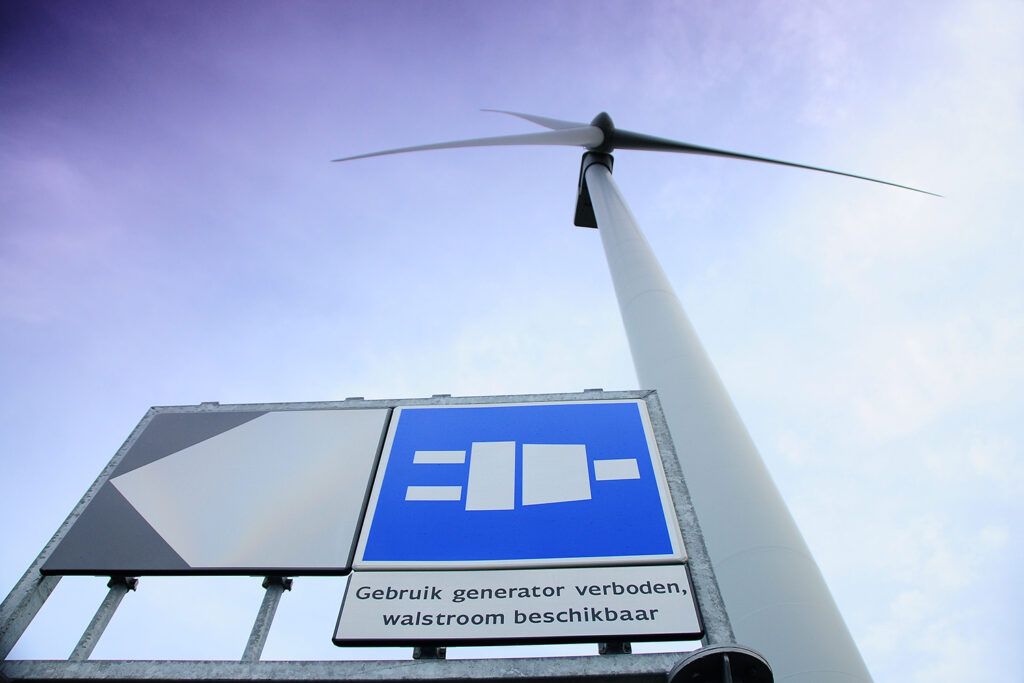
Autonomous barge and zero emissions in Rotterdam
The use of clean and renewable energies such as green hydrogen, large electric batteries, ammonia, and bio-LNG is being explored and developed for both maritime and land transport within the port hinterland.
Also funded with 25 million euros, a significant part of the budget will go to one of the star projects already announced – the joint development between the Port of Rotterdam and Wartsila to design an autonomous, zero-emission container barge.
The boat will be equipped with sensors and the SmartMove Suite navigation system, which guarantees coordinated and safe manoeuvres. Energy enabled by an electric drive train and an innovative solution of interchangeable battery containers (ZESPack Zero Emission Services) charged with renewable energy will power it.
To ensure its efficiency, a network of open-access charging points will be established to exchange batteries for others that are already charged, thus reducing waiting times. The first battery container will be installed this summer.
The project seeks to alleviate, in a sustainable way, the bottleneck that the transport of containers between terminals causes in some of Europe’s most important ports as well as to avoid or reduce the traffic of containers that leave by road. In the area of modal transport, this is the way of transport the EU specifically seeks to reduce, as it is particularly polluting.
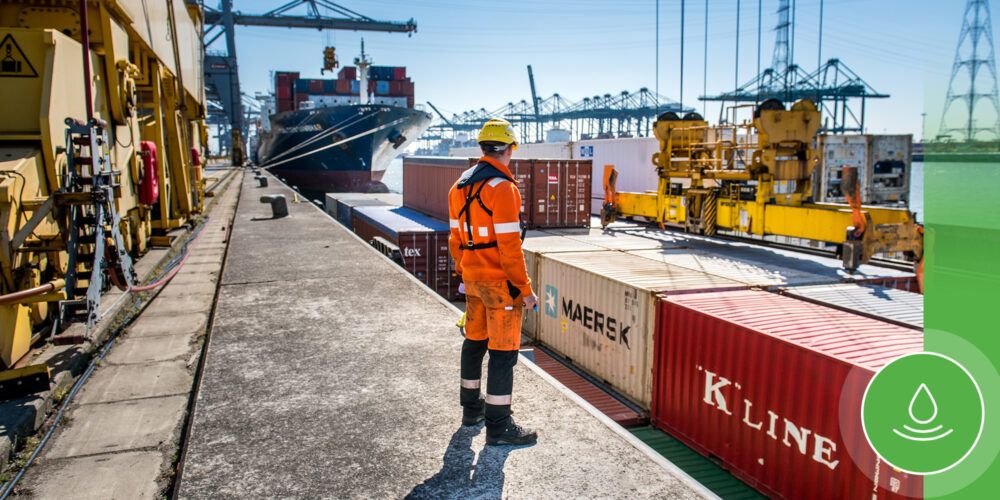 Led by the Port of Antwerp, PIONEERS (Portable Innovation Open Network for Efficiency and Emissions Reduction Solutions) is a consortium made up of 46 partners who will work to develop specific solutions to reduce carbon emissions in the sector.
Led by the Port of Antwerp, PIONEERS (Portable Innovation Open Network for Efficiency and Emissions Reduction Solutions) is a consortium made up of 46 partners who will work to develop specific solutions to reduce carbon emissions in the sector.
 Led by the Port of Antwerp, PIONEERS (Portable Innovation Open Network for Efficiency and Emissions Reduction Solutions) is a consortium made up of 46 partners who will work to develop specific solutions to reduce carbon emissions in the sector.
Led by the Port of Antwerp, PIONEERS (Portable Innovation Open Network for Efficiency and Emissions Reduction Solutions) is a consortium made up of 46 partners who will work to develop specific solutions to reduce carbon emissions in the sector.



